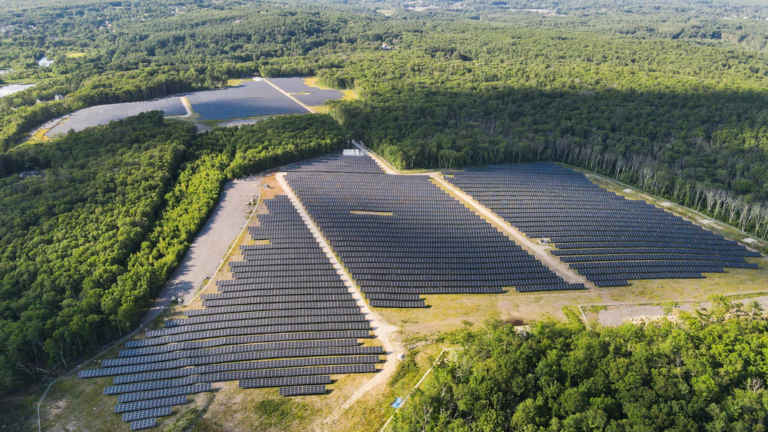solargardens
April 27, 2023
Community solar projects have gained popularity in recent years, offering individuals and businesses the opportunity to support renewable energy development without having to install solar panels on their properties. With community solar, customers can subscribe to a portion of a larger solar project and receive credits on their utility bills for the energy generated by their portion of the project.
However, one issue that can arise with community solar is the delay in customers receiving their credits. This delay can be frustrating for customers and can lead to confusion and dissatisfaction. It is important to note that credit delays are a common challenge faced by all community solar providers, not just one specific company or project. In this blog post, we will explore why it sometimes takes so long for community solar customers to receive their credits and the implications for solar developers.

Solar credits, also known as virtual net metering or Community Solar credits, resemble the value of your solar energy production from a project. The amount of credits you receive on your electric bill will vary each month as your solar project production varies each month.
For example:
Summer Months: more sun and longer days will result in more production from your solar project. Translation: you receive more credits and save more money on electricity.
Winter Months: less sun and shorter days will result in less production from your solar project. Translation: you receive fewer credits and save less money on electricity.
The first reason for the delay in credit allocation is the way in which energy is generated and distributed. When a customer subscribes to a community solar project, they are essentially purchasing a portion of the energy generated by the project. However, this energy does not flow directly to the customer’s home or business. Instead, it is fed into the grid and distributed to the utility company, which then credits the customer’s account for their portion of the energy generated.
This process can take time as the energy generated by the project must first be metered and recorded before being credited to the customer’s account. The utility company must also reconcile the energy generated by the project with the energy consumed by the customer before credits can be applied. This can take anywhere from a few days to several weeks, depending on the utility company and their processes.

Another reason for the delay in credit allocation is the complexity of billing systems. Utility companies have complex billing systems that are designed to handle a wide range of customer accounts and energy usage patterns. When community solar is added to the mix, it can take time for the billing system to be updated to reflect the new credits and energy usage patterns. This can result in delays in credit allocation until the billing system has been fully updated.
In addition to the complexities involved in energy generation and distribution, solar companies must also construct the solar garden before energy can be generated and credited to customers. This construction process can take several months or even years depending on the size and complexity of the project, the permitting process, and the availability of financing.
Solar companies must also navigate a variety of regulatory requirements and environmental considerations before construction can begin. For example, they may need to obtain permits for land use, environmental impact, and interconnection with the utility grid. These regulatory requirements can add significant time and cost to the construction process.
In conclusion, the delay in credit allocation for community solar customers is largely due to the complex processes involved in energy generation and distribution, billing systems, and regulatory processes. Solar developers can help to mitigate frustration by setting clear expectations and communicating with customers throughout the credit allocation process. As community solar continues to grow in popularity, it is important for solar developers to prioritize customer satisfaction and work to streamline credit allocation processes.
Explore how Solar Energy Expands to Low-Income Communities. We cover the rise of community solar projects, the impact of government...
A solar garden is a centralized solar (PV) installation that generates and supplies clean energy to the connected power grid....
Community Solar is a renewable energy program that allows all residents to access local solar energy without installing rooftop solar...
Join Community Solar with Solar Gardens to redeem this offer
- Enter your contact info to receive your promo code -